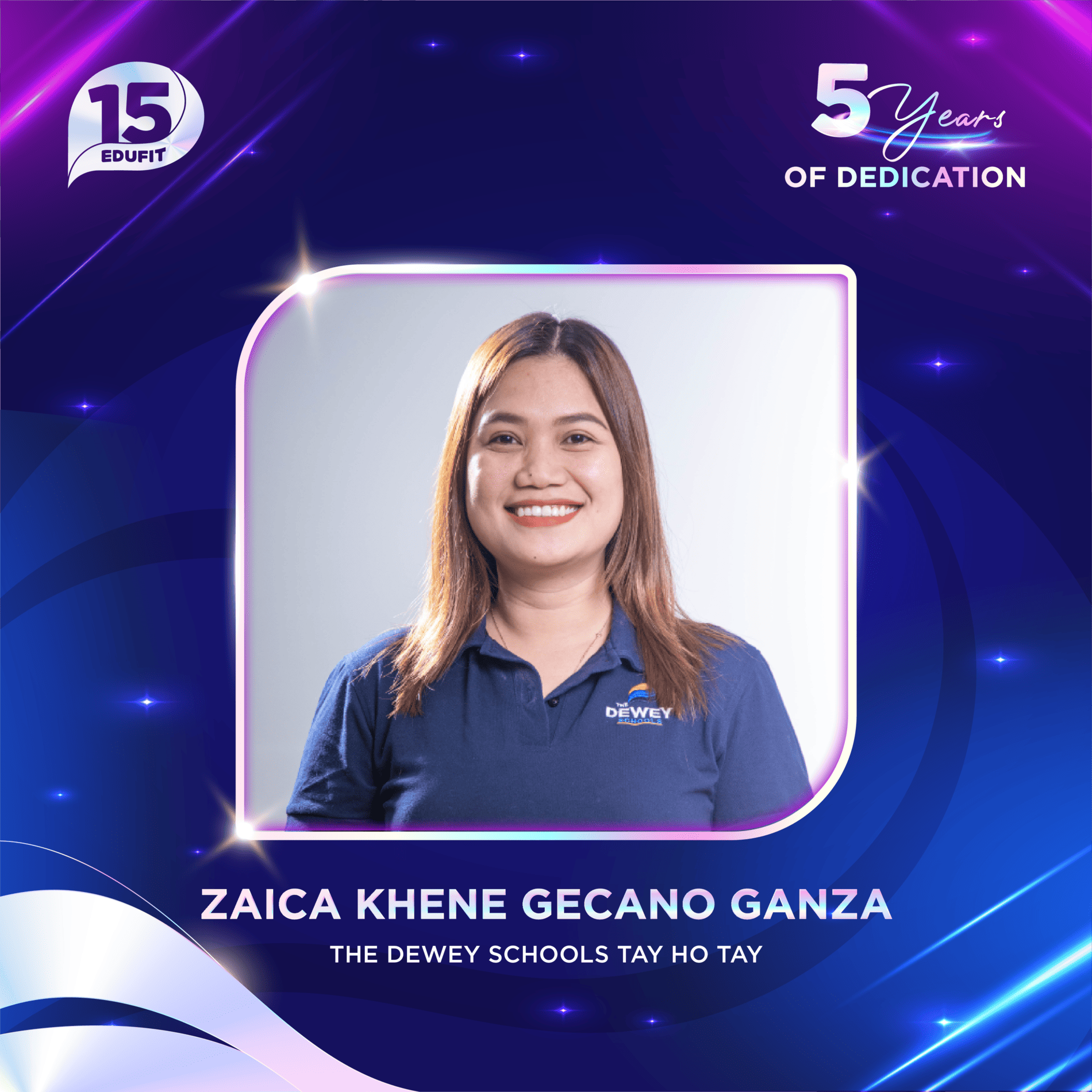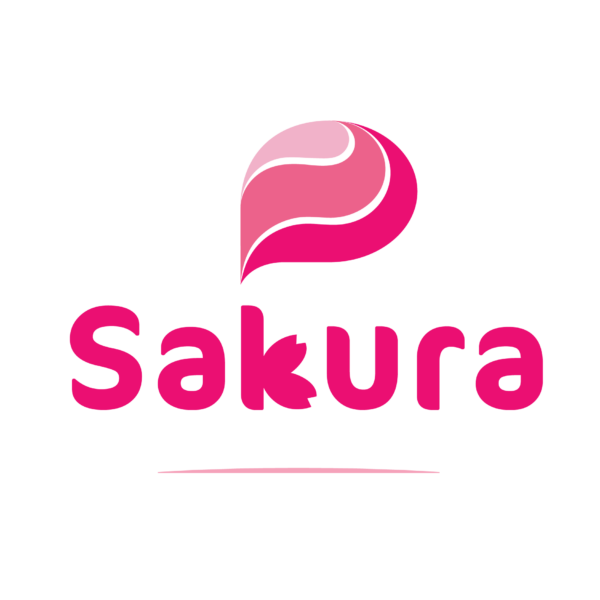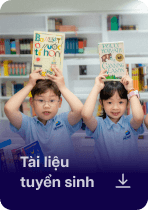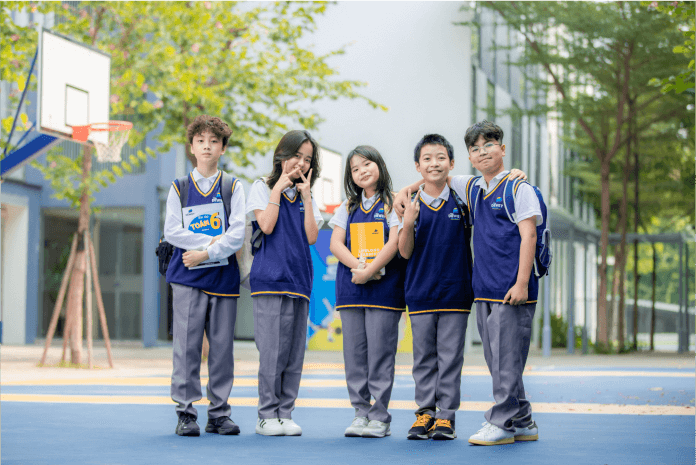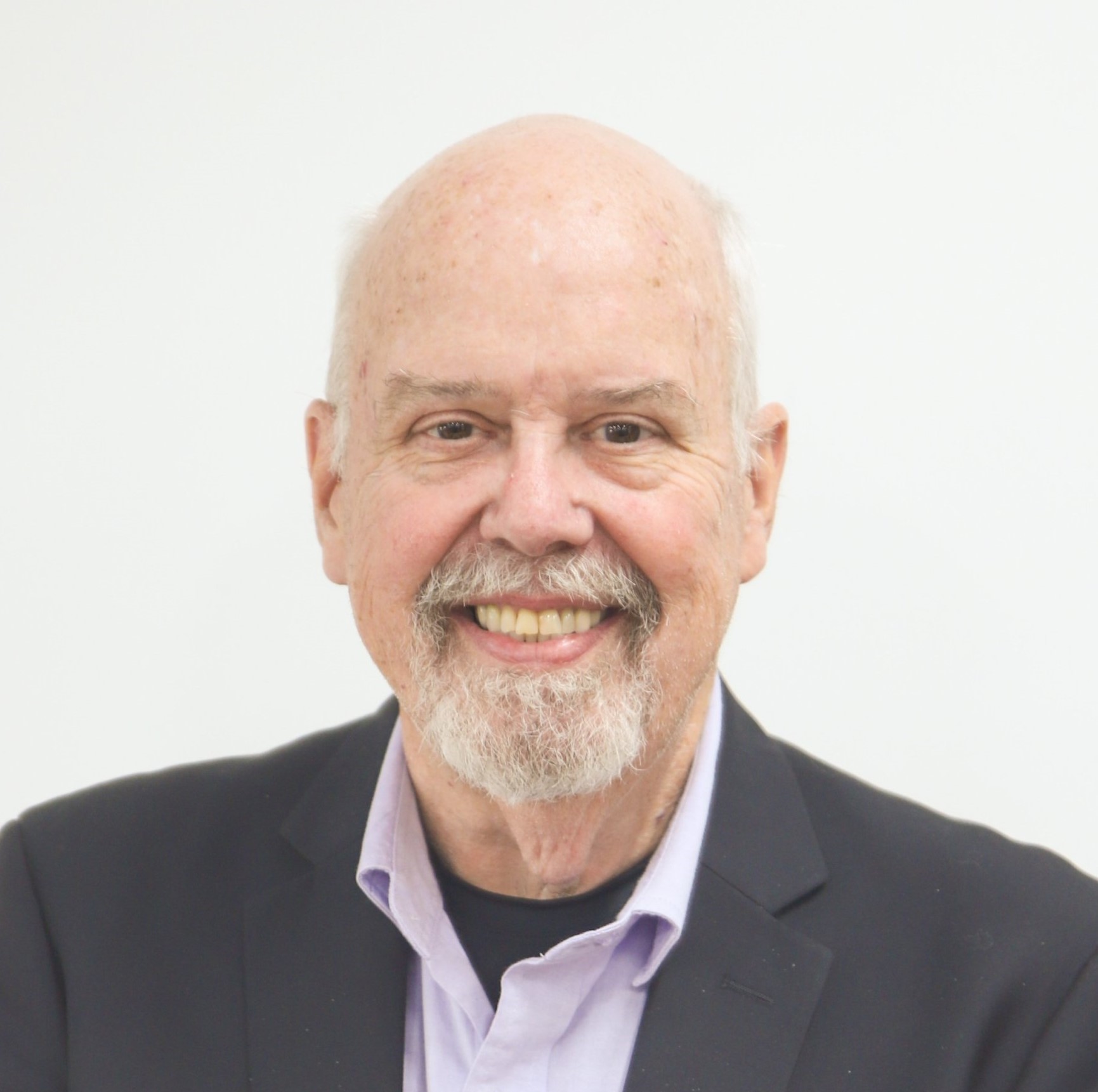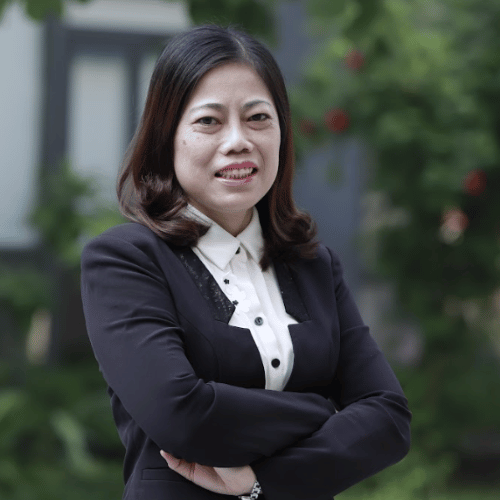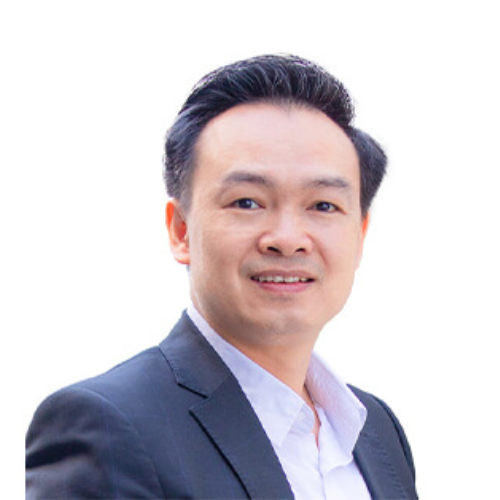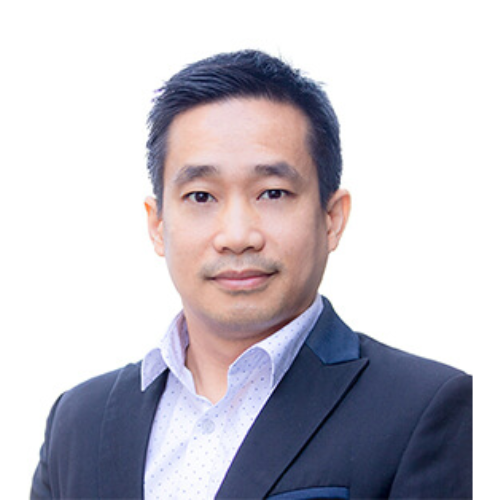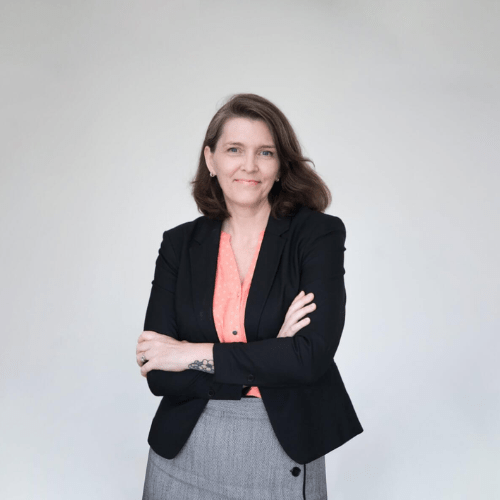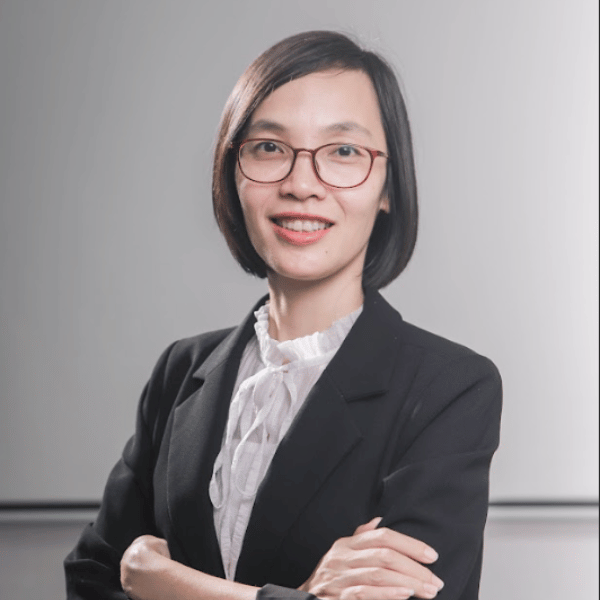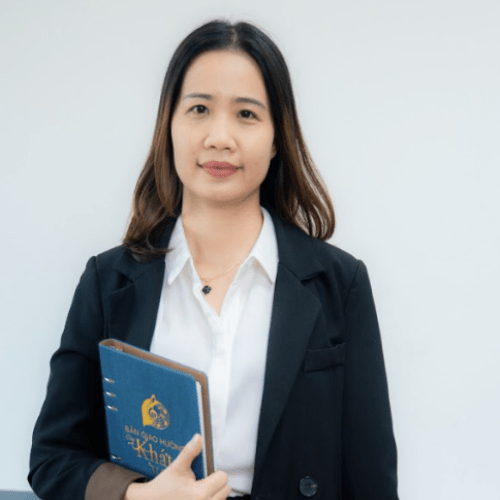Education is not just about imparting knowledge but also a journey of helping students discover and develop themselves. Named after the education reformer John Dewey, The Dewey Schools system creates a learning environment centered on experiential education, where students are the focus of all educational activities. The mission of Dewey is to organize students’ growth through self-learning and self-education, helping them become individuals who possess the ability to learn independently, a spirit of self-reliance, a rich soul, and a sense of responsibility to the community.

“Beyond The Blueprint” Lessons
At Dewey, each lesson is not a passive “lecture” but an interactive activity between teachers and students. Teachers act as “designers” of learning activities, sparking curiosity, encouraging students to think, ask open-ended questions, and engage in discussions to deeply understand and master knowledge. With a keen understanding of student psychology, the flexible and practical teaching methods at Dewey help students see the connection between theory and real life, stimulating their desire to learn and explore.
For example, in the Vietnamese Literature class at the elementary level, students experience the beauty of literature and develop literary thinking through diverse activities like poetry, creating folk songs, performing plays, painting, and many other creative tasks. This approach helps Dewey students break away from rigid molds and develop their personal perspectives, allowing them to engage with literature in a free and rich way from a young age.
In a high school lesson on Finance and Investment, instead of simply teaching theory about personal finance, the teacher presents a real-world scenario: “If you had 500 million VND, how would you save and invest it to achieve the highest return?” This not only sparks curiosity about the world of finance but also helps students practice skills in analysis, choosing safe and effective investment channels. Students learn by solving real-life situations, developing critical thinking and problem-solving abilities.
An Education Philosophy Focused on Experiential Learning
In the 2023-2024 school year, 100% of Dewey’s 12th-grade students scored 10 in English in the national high school graduation exams (with IELTS scores of 6.5+) and earned scholarships at top universities both domestically and internationally, such as VinUni, Fulbright University, National Economics University, the Diplomatic Academy of Vietnam, University of Dundee (UK), and University of Melbourne (Australia). These achievements are the result of Dewey’s creative, innovative educational approach, which always enhances the learning experience for students and helps them develop holistically—both intellectually and in terms of soft skills.
The educational method at Dewey is built on four key foundations:
Project-Based Learning
At Dewey, students learn by doing—through project-based learning. Rather than just studying theory, students participate in real-life projects where they can explore, investigate, and apply knowledge to specific situations. This approach helps students develop teamwork skills, problem-solving abilities, and creative thinking.
Design Thinking
One of Dewey’s distinctive methods is Design Thinking, a creative process that is “human-centered” and helps students develop problem-solving skills through five stages: Empathize, Define, Ideate, Prototype, and Test. Design Thinking encourages students to think flexibly and creatively while also increasing their capacity for empathy and collaboration within teams.
Inquiry-Based Learning
At Dewey, students are not just passive recipients of knowledge; they are encouraged to ask questions, participate in open discussions, and share ideas. The inquiry-based learning method fosters higher-order thinking skills such as analysis, evaluation, creativity, and critical thinking, ultimately enhancing students’ ability to solve problems across a variety of fields.
Differentiated Instruction
Differentiated instruction is a systematic approach to planning and organizing teaching that addresses the diverse needs and learning styles of students, ensuring that all students can access the curriculum. Teachers at Dewey customize learning content by continuously monitoring and evaluating progress, designing lessons, and flexibly applying teaching methods tailored to students’ characteristics, interests, and needs.
The educational philosophy and methods at Dewey are not only aimed at academic development but also at building essential soft skills for students, helping them become global citizens capable of critical thinking, creativity, and problem-solving in a multicultural environment. Dewey graduates are equipped with a solid foundation to confidently face the changes and challenges of the modern world, take responsibility for their communities, foster a lifelong love of learning, and contribute positively to society.
“>



